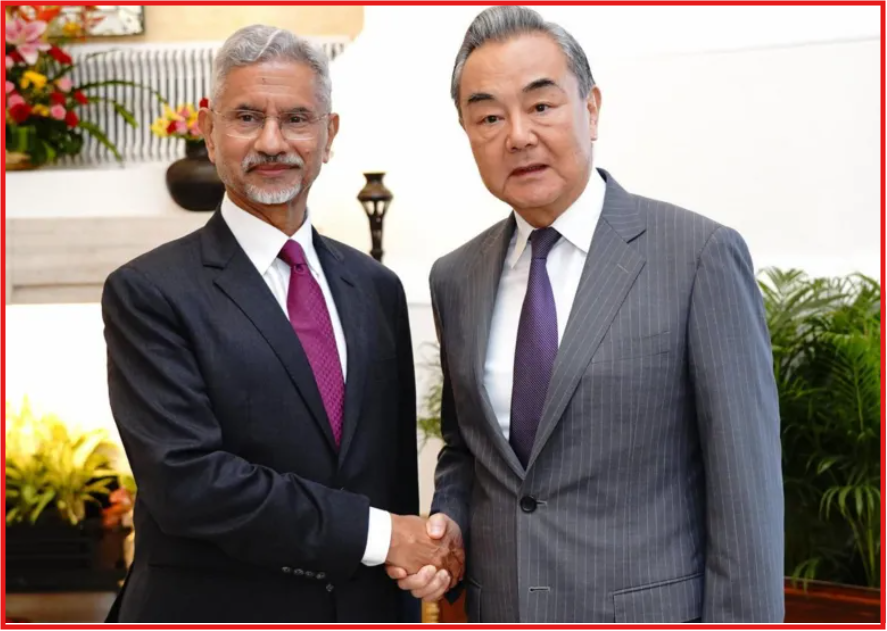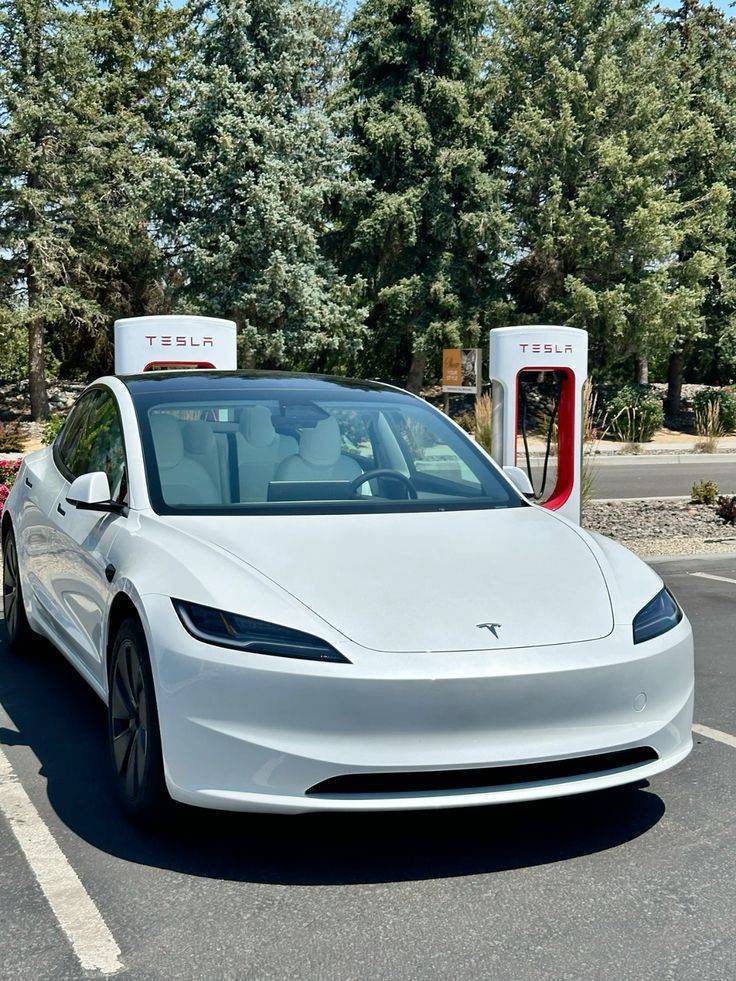New Delhi, August 19, 2025 — india and china meets,In a renewed push to reset bilateral ties, Chinese Foreign Minister Wang Yi issued a compelling message in New Delhi: China and India should “regard each other as partners … rather than rivals,” signalling a strategic shift in diplomatic rhetoric amid ongoing tensions.

Partnership Over Rivalry
During high-level discussions in New Delhi, Wang emphasized a “correct strategic understanding” between the two Asian powers. In comments reported by Reuters, he said that cooperation based on “cordiality and mutual benefit” should define future India–China relations.
These remarks come at a time when ties have been strained by border standoffs and global geopolitical shifts. They do, however, also confirm a previous, more philosophical plea he made: China and India, represented by the dragon and the elephant, need to engage in a “cooperative pas de deux” rather than a duel.
At the same press event, Wang cautioned against letting “setbacks” define the relationship. He underscored that historical boundary disputes must not derail broader cooperation or overshadow shared development goals. The HinduGlobal Times
Ties Mending Through Dialogue
His New Delhi visit, the first in years, is being viewed as a fresh diplomatic outreach. Edited discussions included not just words of intent but Southern block realities: trade restoration, border de-escalation, and visa relaxations. Financial TimesAP NewsThe Economic Times
External Affairs Minister S. Jaishankar reciprocated the gesture, stressing that while differences remain, they must not spiral into disputes. Maintaining momentum in de-escalation along the Himalayan border is crucial, he said. The Economic Times
The timing is strategic. With U.S. tariffs and trade disputes putting pressure on India, creating space for renewed collaboration with China carries geopolitical significance. Analysts see India’s balanced outreach to Russia and China as strengthening its strategic autonomy in an increasingly multipolar world. Financial TimesTIME
Wider Context and Long-Standing Philosophy
This message from Wang isn’t new. In March, addressing a press conference, he said the dragon-elephant partnership was the “only right choice” for both countries—emphasizing that development cooperation should prevail over conflict. Ministry of Foreign Affairs of Chinaun.china-mission.gov.cn
He reaffirmed that as the world’s two most populous developing nations, China and India share not only economic and cultural connections but also global responsibilities. Their unity could bolster a multipolar global order. Ministry of Foreign Affairs of China
President Xi Jinping and PM Modi’s informal Wuhan meeting in 2018 significantly influenced this stable trajectory. That meeting, according to Wang, laid the stage for new collaboration and communication by offering strategic direction.
Driving Values: Mutual Trust, Shared Progress
In a candid note, Wang warned against duplicitous tactics. He said some forces have tried to sow division between India and China. The antidote, he suggested, is sincere partnership: “help thy brother’s boat across, and lo! Thine own has reached the shore.” Global Times
He also emphasized that China does not see India as a threat. The relationship should be “mutually supportive,” not competitive—an alignment on which peace and development rests. www.ndtv.comABP Live
Furthermore, Wang invoked the Global South—calling on India and China to oppose unilateralism and upholding a fair international architecture. “International democracy and a stronger Global South will improve if China and India work together.”
india and china meets/india and china meets/india and china meets/india and china meets/india and china meets/india and china meets/india and china meets/india and china meets/india and china meets/india and china meets/india and china meets
What’s Next: Roadmap for Cooperation
The immediate outcomes of Wang Yi’s visit include discussions on resuming direct flights, easing cross-border trade, and restoring visa ties—all critical for people-to-people interactions. Financial TimesAP News
Moreover, the 75th diplomatic anniversary this year offers a symbolic moment to reinforce strategic mutual trust. Both sides called for dialogue, not confrontation, with efforts focused on border peace, pilgrim access, and multilateral collaboration via platforms like BRICS and SCO. Ministry of Foreign Affairs of China+1
Looking Ahead
While building trust after years of tension is challenging, both nations face a shared reality: global strategic shifts, economic reordering, and regional pressure from Western alliances. A pragmatic, balanced engagement could benefit not just bilateral ties, but also reconfigure Asia’s multipolar future.
India and China acknowledge that despite boundary disagreements, their larger shared interests must guide decisions. Wang Yi’s constant calls for harmony, communication, and shared success might very well serve as the cornerstones of a refocused alliance that prioritises collaboration over confrontation.
for more news click here


